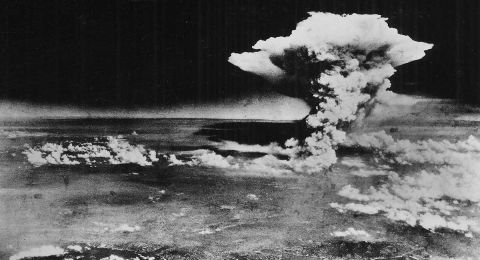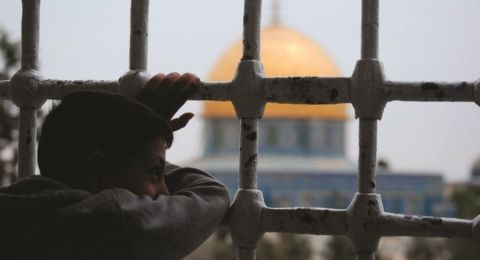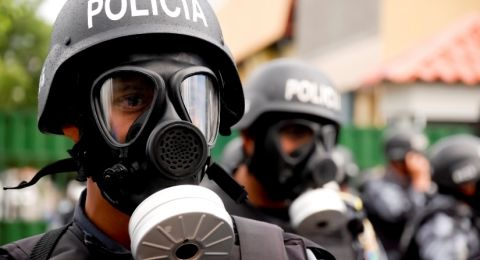
Hiroshima: The Day Nuclear Weapons Changed Our World Forever
On August 6, 1945, the United States dropped the first atomic bomb on Hiroshima, Japan, marking a pivotal moment in human history that forever changed warfare and international relations.

Man stands in bombed Hiroshima ruins
The bombing came after Japan's surprise attack on Pearl Harbor in 1941, which had drawn the United States into World War II. The B-29 Superfortress bomber Enola Gay delivered the 9,700-pound "Little Boy" atomic bomb, which detonated after falling for 43 seconds from nearly 6 miles altitude.
Hiroshima, selected for its military significance and large civilian population, saw 60,000-80,000 immediate casualties. Three days later, a second atomic bomb ("Fat Man") struck Nagasaki, killing approximately 70,000 people. Japan surrendered six days later, ending World War II.
Hiroshima's mayor, Kazumi Matsui, has emphasized the importance of remembering this history to prevent similar catastrophes. He warns that rising global tensions and modernizing nuclear arsenals pose ongoing threats to world peace.
The development of nuclear weapons fulfilled Jesus's prophecy in Matthew 24:22, warning of humanity's potential for self-destruction. However, the fundamental issue extends beyond nuclear weapons to humanity's inherent tendency toward violence, as described in Isaiah 59:7-8.
The path to lasting peace requires more than weapons elimination. According to Ezekiel 36:26-27, it requires a transformation of human nature through God's Spirit, replacing hearts of stone with hearts of flesh. This spiritual change would enable humanity to embrace God's way of peace and genuine care for others.

Atomic bomb mushroom cloud explosion

Person gazing at peace dome

Nuclear weapons and military missiles
Related Articles

World War I: The Day Chemical Warfare Changed Modern History

